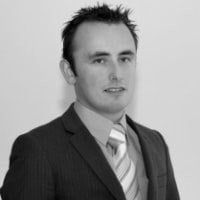This is a common question from?entrepreneurs?starting their own business and worried?about?tax.
The notes below are taken from the revenues statement of practice.
There is a special?provision for the?year of assessment in which taxpayers commence to be chargeable persons. Basically, this is that, in applying the 100 % rule, the?tax payable for the preceding?year can be taken to be NIL. Taxpayers will not, therefore, incur an interest charge by reason of not paying?Preliminary Tax for the?year of assessment in which they become chargeable persons. if no?Preliminary Tax is paid, the full liability for the?first year of assessment will have to be paid within one month of receiving an assessment; otherwise interest will arise.
While a taxpayer who?becomes?a chargeable person will not incur an interest charge if no?Preliminary Tax is paid in the?first year of assessment, it is recommended that taxpayers pay?Preliminary Tax as near to their final liability as they can estimate. It is considered that this is in taxpayers’ best interest Otherwise, the following payments will have to be made within a short period, which may cause cash flow problems for taxpayers:
– ?Preliminary Tax for the second?year of assessment, on 1 November in the second?year of assessment.
-??Preliminary Tax for the third?year of assessment, on 1 November in the third?year of assessment.
– ? Full liability for the?first year of assessment?and?the balance of any liability for the second?year of assessment,? February/March of the third?year of assessment.
A taxpayer who is?already?a chargeable person but commences another source of income in a?year of assessment?cannot rely on the “NIL” rule.?Preliminary Tax must not be less than the minimum 100% or 90% rule in such a case.


